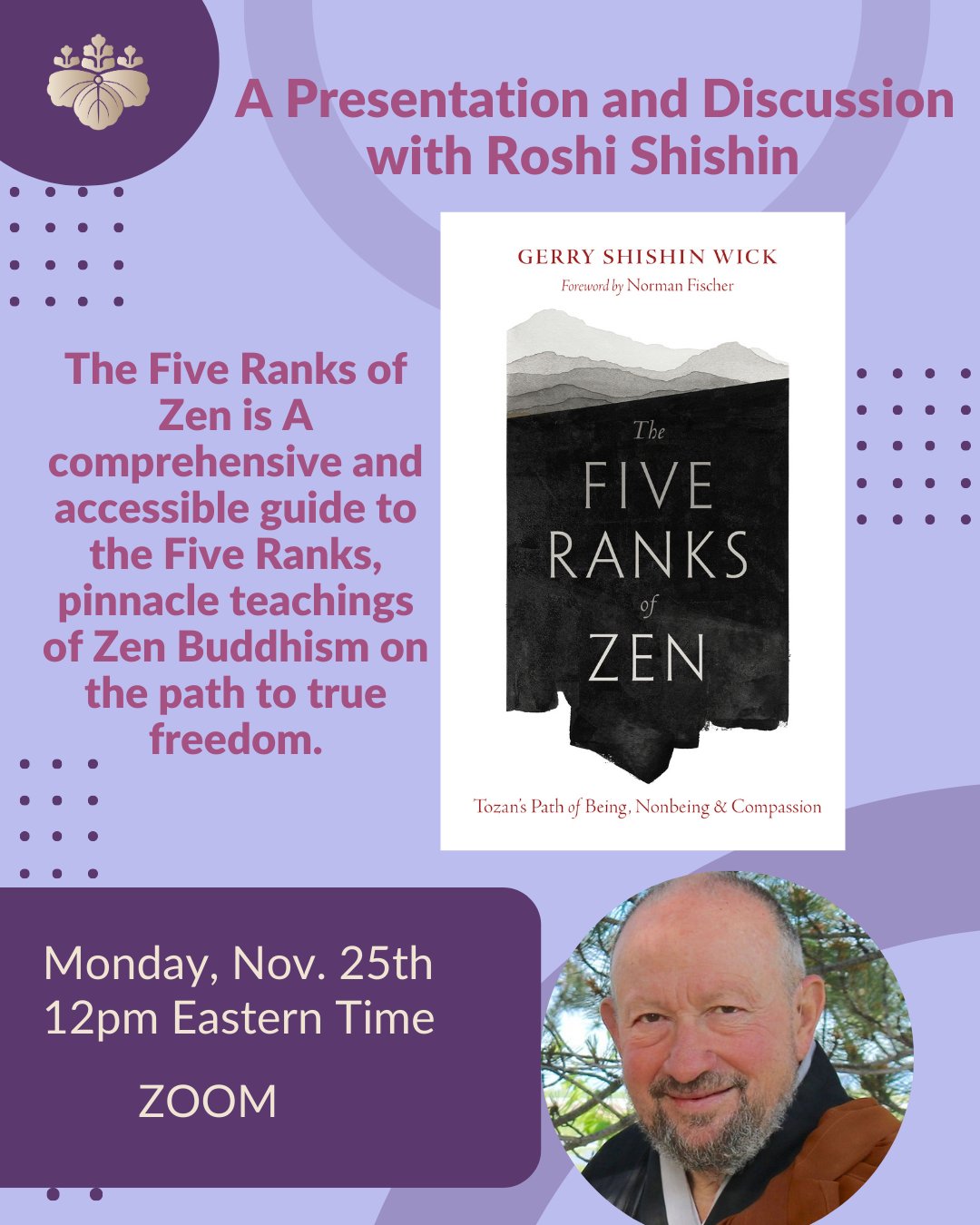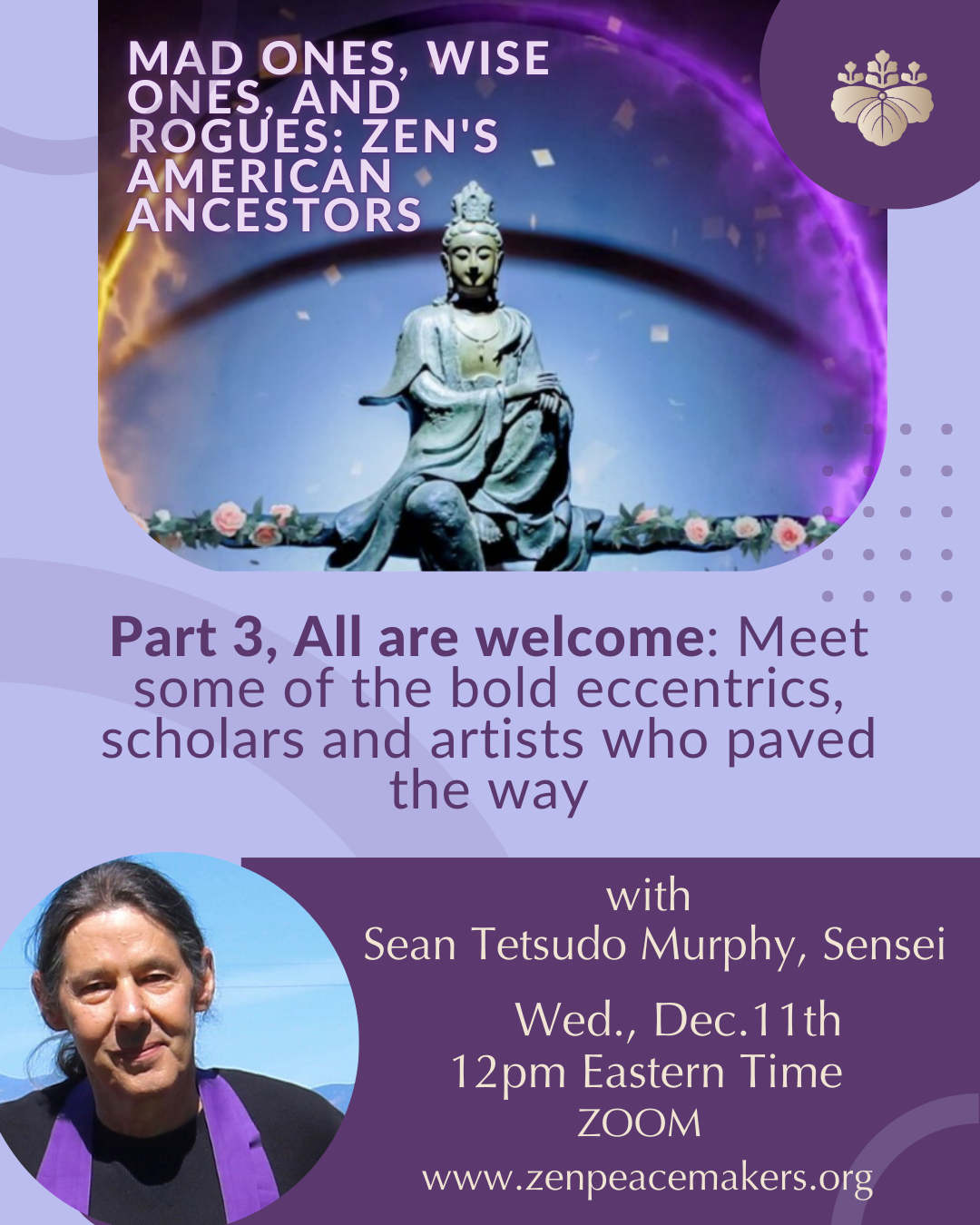 One major question we are exploring at the Symposium For Western Socially Engaged Buddhism is whether Buddhism has always been engaged. I explored this topic in the past and Symposium presenters are providing new insight. On Monday, David Loy shared ways in which traditional Buddhism was and was not engaged, including the view that the Hebrew concept of prophetic justice and Classical ideas of democracy added a new element. Likewise, Alan Senauke talked about the role of European anarchism in the development of Aitken Roshi’s philosophy.
One major question we are exploring at the Symposium For Western Socially Engaged Buddhism is whether Buddhism has always been engaged. I explored this topic in the past and Symposium presenters are providing new insight. On Monday, David Loy shared ways in which traditional Buddhism was and was not engaged, including the view that the Hebrew concept of prophetic justice and Classical ideas of democracy added a new element. Likewise, Alan Senauke talked about the role of European anarchism in the development of Aitken Roshi’s philosophy.
 On Tuesday, the view that Buddhists have always been engaged spreading awakening and non-violence and providing medical services was expressed by Robert Thurman and also Jan Willis. Both argued that to suggest that Buddhism has not always been engaged is to accept the Western colonial view that Buddhists are escapist and quietist. Likewise, on Monday, Bhikkhu Bodhi argued that ethical principles regarding social conduct including treating others well and caring for the poor are an important part of the Buddha’s original teachings. Reflecting the difference between Western and Asian understandings of society, Sallie King provided a Buddhist critique of the concept of justice, which spurred some controversy.
On Tuesday, the view that Buddhists have always been engaged spreading awakening and non-violence and providing medical services was expressed by Robert Thurman and also Jan Willis. Both argued that to suggest that Buddhism has not always been engaged is to accept the Western colonial view that Buddhists are escapist and quietist. Likewise, on Monday, Bhikkhu Bodhi argued that ethical principles regarding social conduct including treating others well and caring for the poor are an important part of the Buddha’s original teachings. Reflecting the difference between Western and Asian understandings of society, Sallie King provided a Buddhist critique of the concept of justice, which spurred some controversy.

Roots of Socially Engaged Buddhism Panel: David Loy, Sallie King, Bhikkhu Bodhi and Chris Queen by Clemens M. Breitschaft



